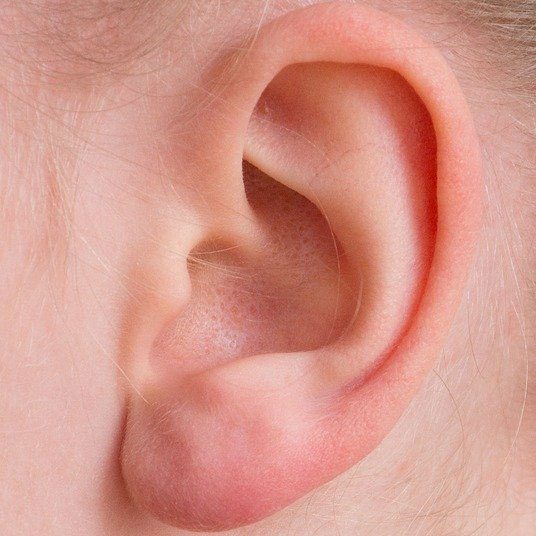An audiologist considers the value of hearing
We are living in an economic climate in which we find ourselves asking the basic question, “What’s it worth?” We assess the value and necessity of things and forego those things that we can do without.
In my profession, the question of worth comes up often in thought if not in words. “What’s my hearing worth?”
Too often, people with hearing loss downplay the effects of their disability. Instead of seeking treatment, they forego social activities, they avoid using the telephone, and they withdraw from conversation.
Less than 10% of hearing losses can be treated medically. For the overwhelming majority, the only form of treatment is hearing aids, yet less than one quarter of those who need them, get them.
What’s hearing worth? Ask Helen Keller. When she was asked if she had to choose between regaining her vision and regaining her hearing, she chose hearing stating, “When you lose your eyesight, you lose contact with things. When you lose your hearing, you lose contact with people.”
Ask Beethoven. His heraing deteriorated to the point where he had a severe hearing impairment by the time he wrote his Fifth Symphony. So what went through the mind of the musical genius as he began to lose his hearing?
“Forgive me when you see me draw back when I would have gladly mingled with you. My misfortune is doubly painful to me because I am bound to be misunderstood; for me there can be no relaxation with my fellow men, no refined conversations, no mutual exchange of ideas. I must live almost alone, like one who has been banished; I can mix with society only as much as true necessity demands. If I approach near to people a hot terror seizes upon me, and I fear being exposed to the danger that my condition might be noticed. . .”
“Yet it was impossible for me to say to people, ‘Speak louder, shout, for I am deaf.’ Ah, how could I possibly admit an infirmity in the one sense which ought to be more perfect in me than others, a sense which I once possessed in the highest perfection, a perfection such as few in my profession enjoy or ever have enjoyed.”
“But what a humiliation for me when someone standing next to me heard a flute in the distance and I heard nothing, or someone standing next to me heard a shepherd singing and again I heard nothing. Such incidents drove me almost to despair; a little more of that and I would have ended my life – it was only my art that held me back. “
Was he overreacting? I should say not, but that’s only because I’ve lived with a hearing loss since childhood. I’ve also had the benefit of getting hearing aids. That’s a benefit too few people are getting. While many insurance plans don’t consider hearing aids “medically necessary,” they should be considered humanly necessary.
God gave us the gift of hearing for a reason. Hearing keeps us connected to the world and to others.
Untreated hearing loss, however, can lead to anxiety, stress, fatigue, depression and loneliness. A person with untreated loss is up to five times as likely to develop dementia depending on the severity of loss. Furthermore, it is linked to increased environmental risk, marital strain, lower income, and early retirement. Still, many people with hearing loss devalue their hearing. They consider the cost of the treatment, but they don’t consider the cost of doing nothing. Beethoven was keenly aware of the value of hearing. Most likely, if he had been offered hearing aids, he would have jumped at the opportunity. Yet many individuals who suffer from hearing loss reject the opportunity and simply say, “I don’t need to hear.” There is nothing more touching than when a family member then turns to them and says, “Get them. You’re worth it.”
Everyone is worth it.
Monica Wiser is one of three siblings (out of seven) diagnosed with hearing loss and fit with hearing aids in childhood. She has dedicated her life to improving the delivery of care for those with hearing loss and advocates on their behalf. In 1996, she earned her master’s degree in Audiology from San Diego State University and was designated the Outstanding Graduate of the Department of Communicative Disorders. She opened her own practice, Beaufort Audiology and Hearing Care, in 2008.






